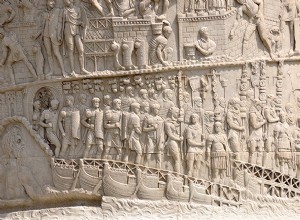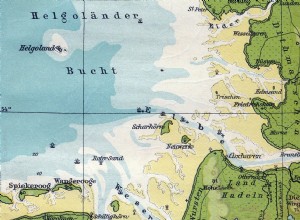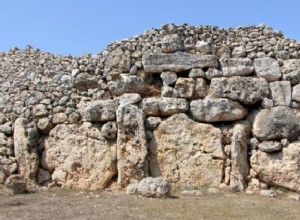Detail of a bas-relief from Trajans Column, Rome. 2nd century AD. AD • ISTOCKPHOTO Contrary to what his name seems to indicate, the centurion did not command 100 men, but a staff of between 60 and 100 soldiers – more often 60 than 100, moreover. This number is enough to make him not a non-commis




